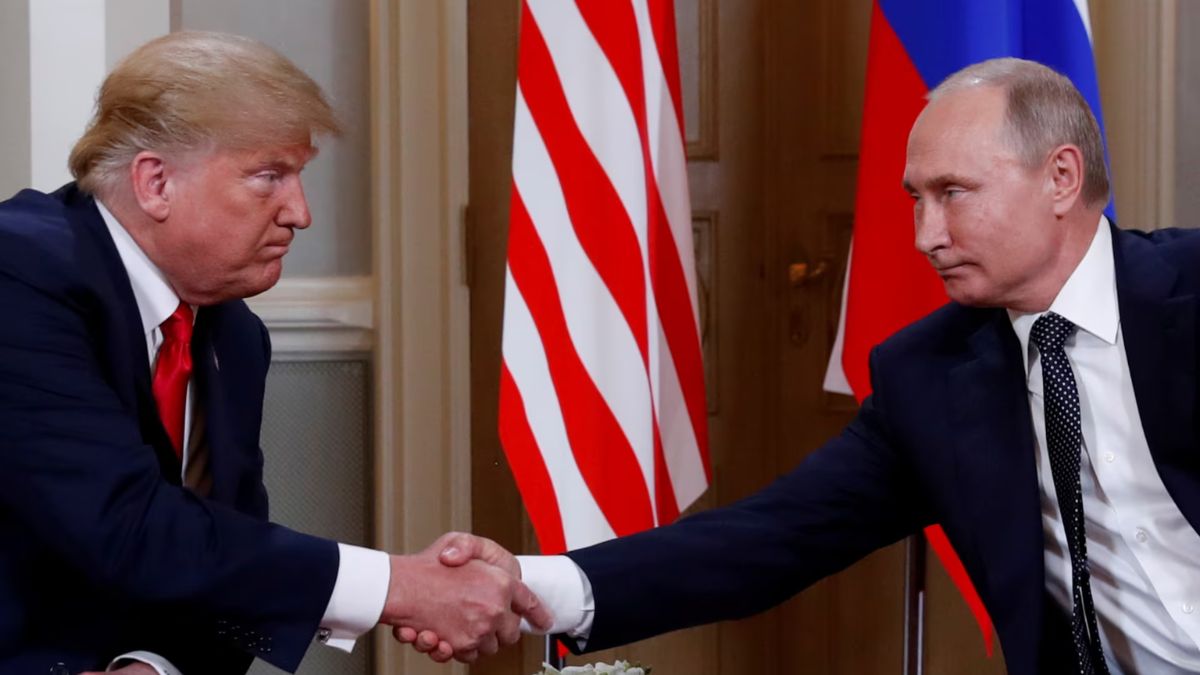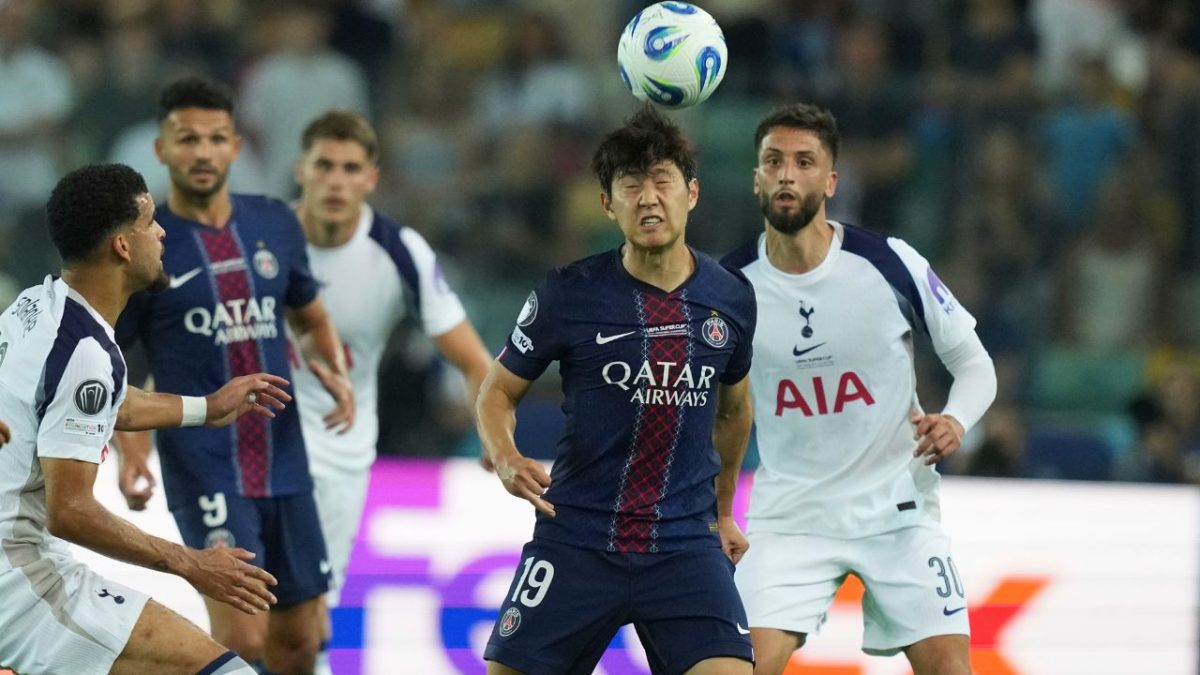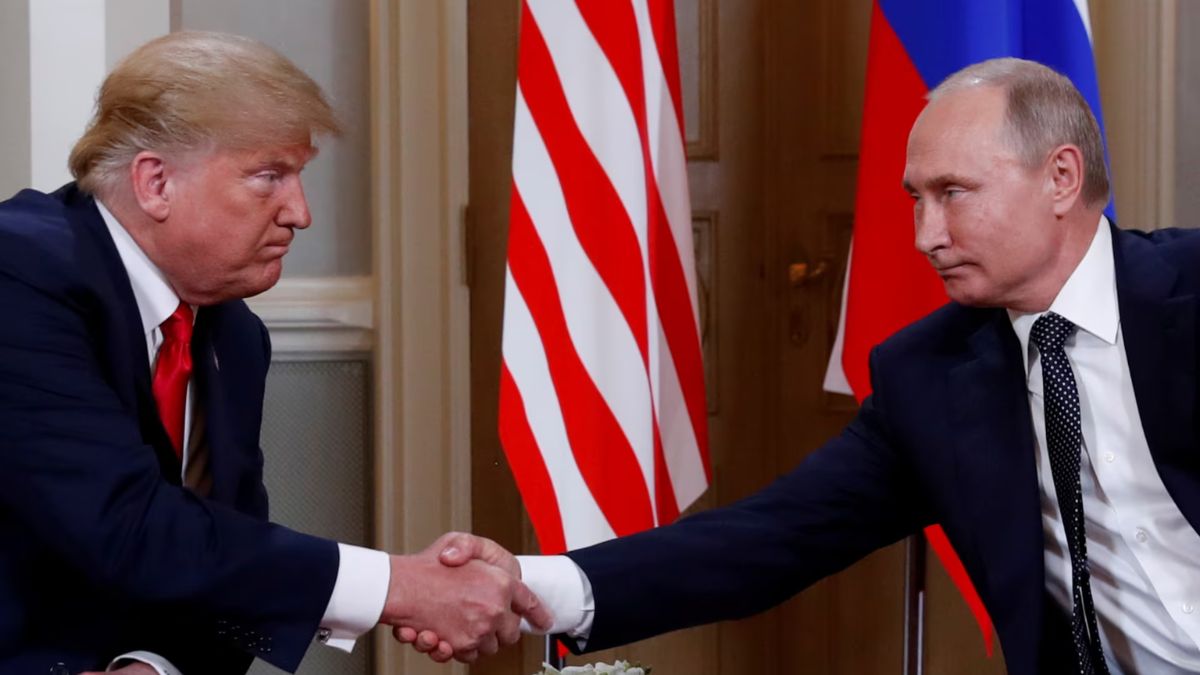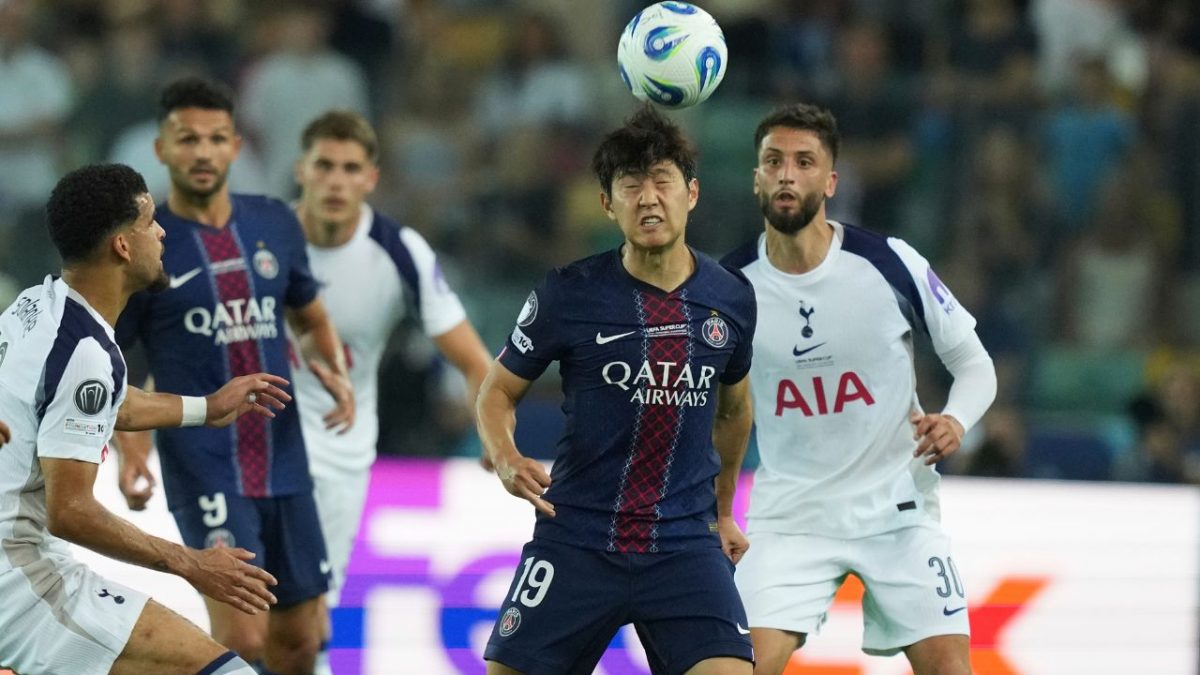In a startling turn of events, Guinea finds itself at the centre of yet another political upheaval as the military, which seized power in 2021, has dissolved the civilian government and sealed its borders. The country, nestled within the volatile West African coup belt, has witnessed a familiar narrative of military intervention, echoing similar crises in neighbouring nations like Mali, Burkina Faso and Niger.
Alpha Conde ousted
The military’s takeover stemmed from the ousting of President Alpha Conde, who controversially sought and secured a third term in office. Promising to restore democracy, the junta captured Conde, assumed control of the presidential palace and pledged to oversee a transition back to civilian rule. However, recent developments have thrown this transition into disarray.
On Monday, the junta issued a decree announcing the dissolution of the civilian government without providing any explanation. Government functions are now to be managed by junior officials until a new administration is established, leaving the timeline for this transition uncertain. The announcement, delivered with a display of military presence, underscores the junta’s intent to wield power unilaterally, raising concerns about intimidation tactics and the erosion of civilian authority.
Amara Camara, secretary general of the presidency read out the military decree:
“Article One: The government is dissolved.
Article Two: Everyday matters will be managed by the Cabinet Directors, Secretaries General and Deputy Secretaries General until a new government is put in place.
Article Three: this decree, which abrogates all previous provisions to the contrary, takes effect from the date of its signature and will be registered and published in the Official Journal of the Republic.
Conakry, 19 February 2024.
Lieutenant General Mamadi Doumbouya.”
Furthermore, the junta’s directive to block ministers’ bank accounts, confiscate their passports and seize official vehicles signals a deepening divide between the military rulers and the civilian appointees. With tight control over information and a history of quashing dissent, the junta’s actions cast a shadow over the prospects for a peaceful transition and raise questions about the timeline for returning power to civilian hands.
Impact Shorts
View AllJunta making friends
Amidst these uncertainties, the junta’s potential alliances with neighbouring juntas, as seen in Mali, Burkina Faso and Niger, add another layer of complexity to Guinea’s political landscape. The formation of an alliance and discussions of a common currency among these nations may influence the junta’s decision-making, potentially prolonging its grip on power.
As Guinea grapples with the aftermath of the government’s dissolution and the looming deadline for the restoration of democracy, the implications for stability in West Africa remain uncertain. The junta’s actions, coupled with regional dynamics, underscore the fragile nature of governance in the region and the challenges of transitioning from military to civilian rule. In the days ahead, the world will closely monitor Guinea’s trajectory, hoping for a resolution that prioritizes democratic principles and the well-being of its people.
Views expressed in the above piece are personal and solely that of the author. They do not necessarily reflect Firstpost’s views.
Read all the Latest News, Trending News, Cricket News, Bollywood News,
India News and Entertainment News here. Follow us on
Facebook,
Twitter and
Instagram.


)
)
)
)
)
)
)
)
)



